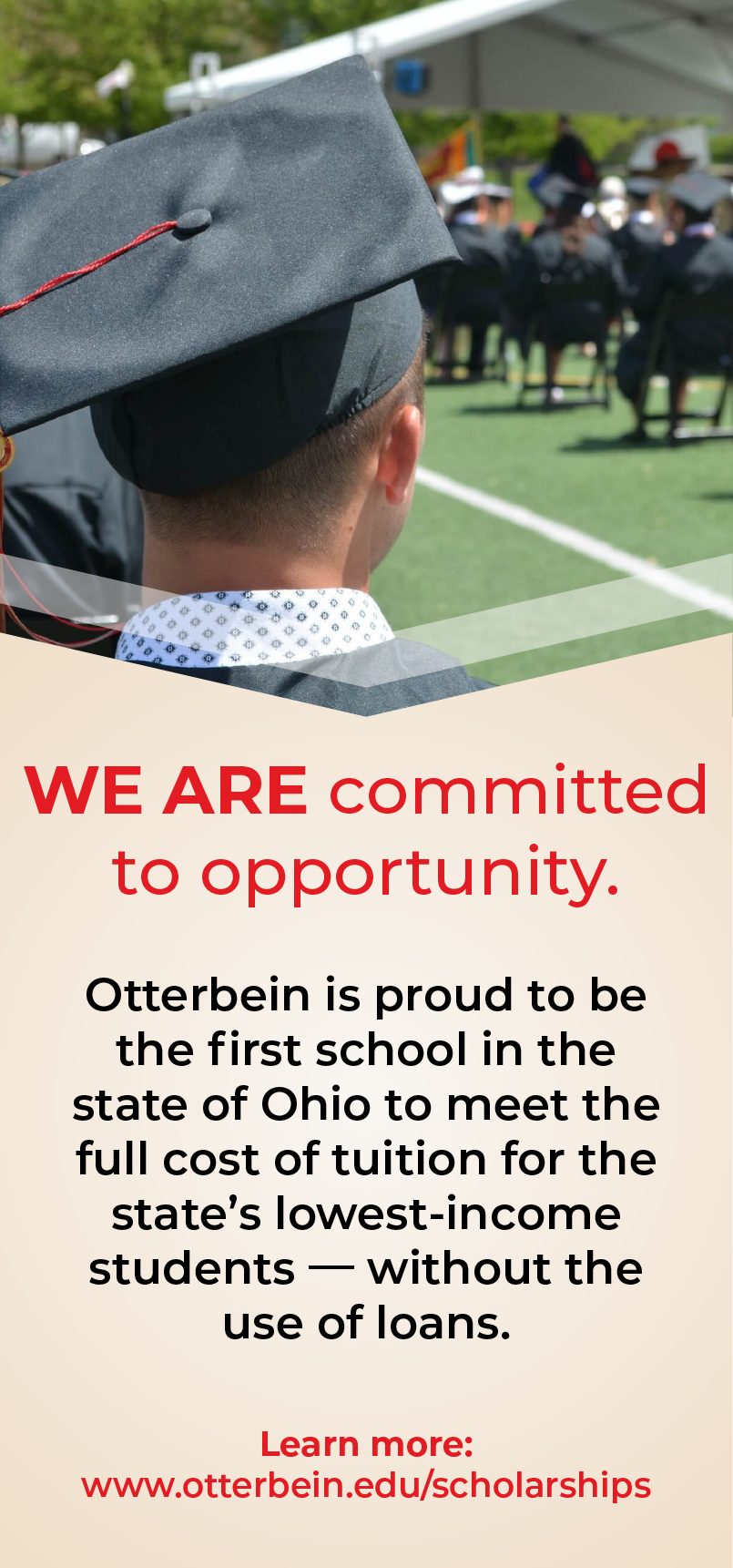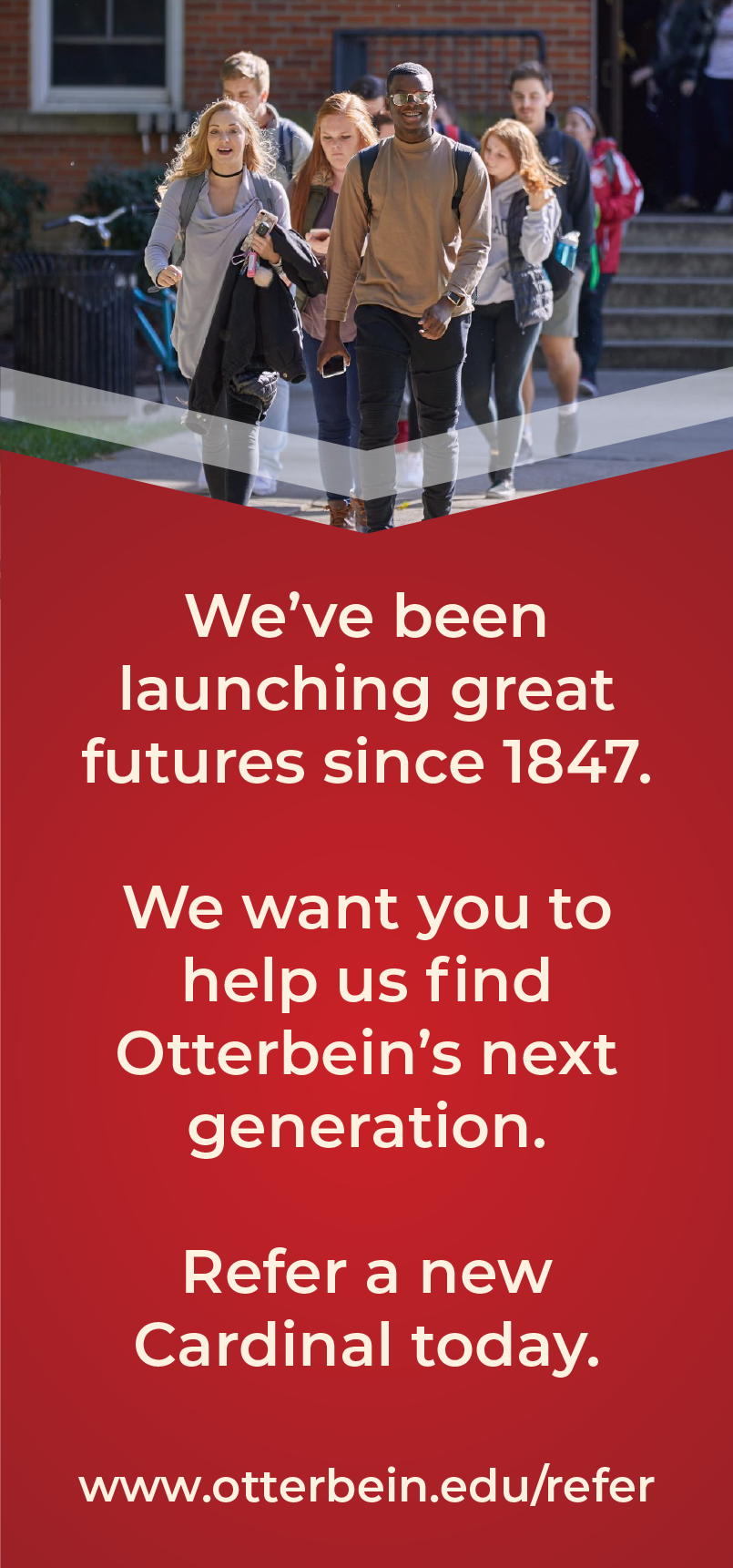The coronavirus pandemic has brought into stark relief our individual and collective vulnerability. That we are vulnerable is indeed true. But it is not the whole truth. On the other side of our vulnerability is the truth of our deep resilience.
The concept of “psychological resilience” describes one’s success in going through adversity without suffering debilitating effects. For instance, at-risk children demonstrate resilience if they nevertheless achieve certain social competencies (for example, the ability to trust others) or developmental tasks (for example, school success).
Contrary to popular perception, resilience research with both children and adults has shown that human beings are robust in the face of adversity. We have evolved in a dangerous environment, and our faculties are therefore adapted to dealing. Human psychological functioning is a well-buffered process — that is, designed by evolution to succeed even under difficult conditions. Most individuals who experience collective or individual trauma end up adapting, recovering, and returning to normal health. Resilience is not a bug in our software but a feature of our hardware.
It is tempting to think of resilience as chiefly the property of individuals — something one has more or less of. And indeed, individual characteristics such as intelligence or sociable temperament have been shown to predict resilience. However, current research suggests that resilience is not so much a trait but a dynamic, reciprocal process, in which individual qualities interact with contextual conditions. A good driver is more likely to survive bad weather if the road they’re driving on is good.
One factor that matters greatly to resilience is social relationships, both past and present. For example, children who grow up under conditions of chronic adversity are much more likely to recover successfully if they had at least one positive relationship with a competent adult during their childhood. The past informs the present.
At the same time, current relations are at least as important. Human beings are social creatures. We are strong to the extent that we are connected. Social support aids resilience in various ways. For example, it may motivate people to adopt healthy behaviors, help them appraise stressful events as less threatening, and improve their self-esteem.
The take-home message from this rough summary is two-fold:
First, your own resilience in the face of adversity is not wholly up to you. Much of your success (or failure) will depend on the luck of the draw — whether the particular demands of the specific threat fit well with your particular skills, experiences, and tendencies. Moreover, past and present external conditions (both of which are significantly out of our control) factor heavily in our ability to develop and deploy effective coping skills. Thus, your success is never yours alone, and a failure to achieve a certain resilient outcome does not mean that there is something inherently wrong with you. At the same time, some aspects of your resilience are indeed up to you. For example, the decisions you make matter, and certain types of decisions tend to work better during stressful times.
Rather than…
Isolating —
nurture and invest in your social relationships (intimate, familial, communal). Be kind and useful to others.
Self-flagellation —
increase self-care and compassion; become intentional about incorporating into your routine those activities that give you a sense of meaning, joy, peace, and solace.
Freezing in rigidity —
open up to flexibility. Bend so as not to break; accept your feelings and consult your values and goals in making decisions; seek to adapt and learn; assess your situation fairly in a broad perspective.
Avoiding or worrying —
take problem-solving action. Focus on those aspects of your situation that are under your control; accept and face the challenge the world has placed before you. Instead of reacting from conditioned habit, respond from conscious choice.

Noam Shpancer is a professor of psychology at Otterbein and a licensed, practicing clinical psychologist in Columbus. He is also a published novelist and screenwriter, and an official blogger for the online magazine Psychology Today at Insight Therapy



